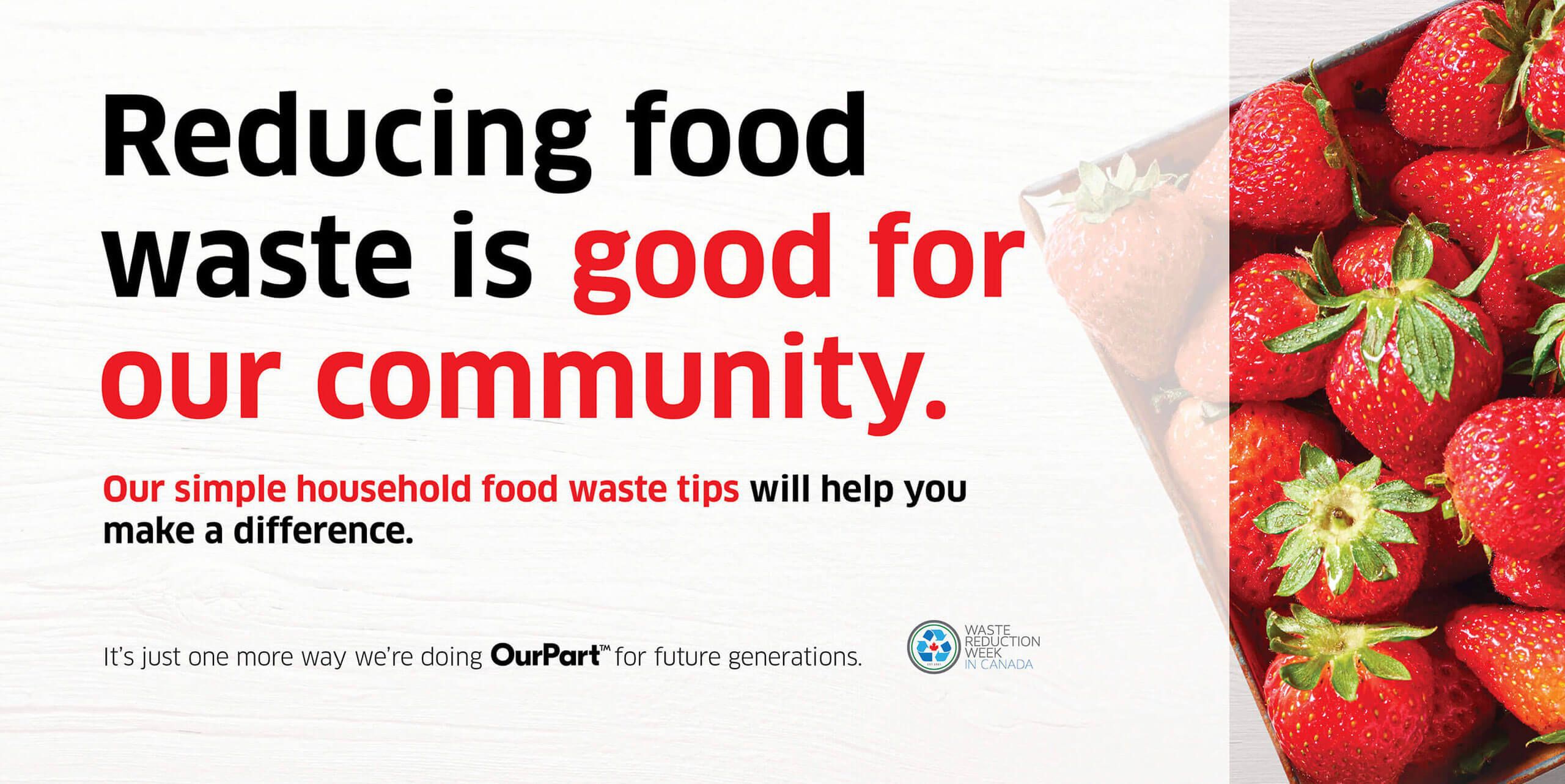
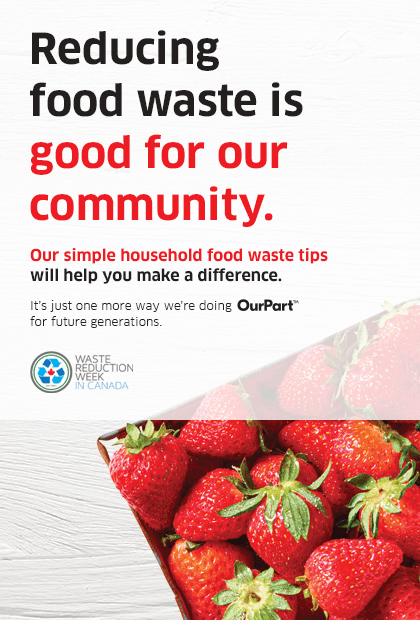
You can reduce food waste at home by following the tips below. Refrigerating and freezing, canning and dehydrating, as well as portioning and storage all have a big impact on keeping your food fresh for longer.
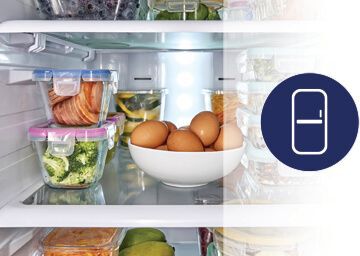
Refrigerating
Your fridge is your friend, and knowing how to optimize your fridge will help you keep everything inside fresher. Remember that some parts of your refrigerator are warmer than others, and some need to be more humid than others. The air needs to circulate in order to keep your food cold, so when your fridge gets too full, move some items into the freezer.
FOR MORE TIPS
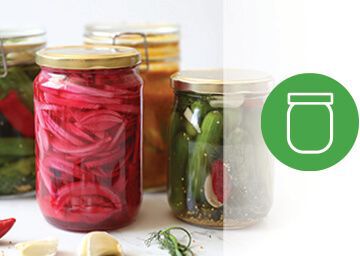
Canning
Canning slows food’s natural decomposition, so it’s an excellent way to reduce food waste. Home canning doesn’t need to be daunting. We’ve broken it down to a series of simple steps to help you get started. When selecting produce to preserve, choose ripe, high quality fruits and vegetables, and you’ll enjoy seasonal flavours all year round.
FOR MORE TIPS
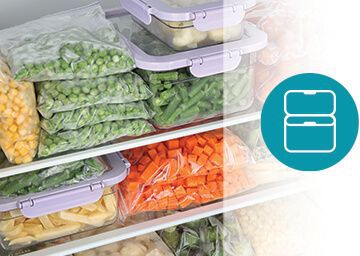
Freezing
It’s easy to use your freezer like a pause button to keep foods fresh longer. For foods with a ‘best before’ date, it’s safe to freeze them any time before that date, then defrost them in the fridge and use them within 24 hours. You’ll be surprised how many foods you can freeze.
FOR MORE TIPS
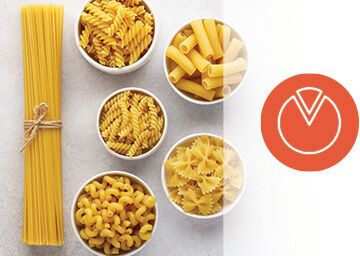
Portioning
It can be difficult to know how much to cook – especially with foods like rice, grains and pasta. But cooking just the right amount of food for you and your family is one of the easiest ways to prevent food waste. Luckily, the solution to cooking perfect portions every time is in your hands.
FOR MORE TIPS
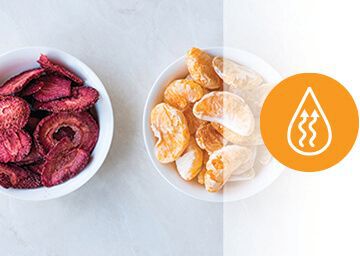
Dehydrating
You may not know it, but your household oven is also a dehydrator. You can use it to make your own dehydrated fruits and vegetables for nutritious snacks. Drying produce comes down to three simple steps: preparing, drying and curing. It’s a great way to enjoy seasonal produce every month of the year.
FOR MORE TIPS
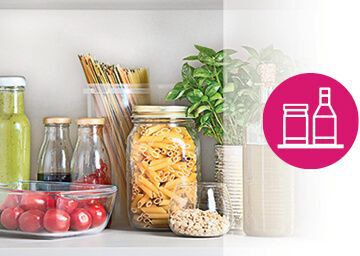
Storage
In your kitchen cupboards and your fridge, have a ‘use first’ shelf so older food gets eaten quickly. When you prepare meals, only cook as much as your family will eat. And before you shop, check your cupboards and fridge to see what needs to be used up. You’ll find that if you plan what you’ll use, you’ll use what you planned.
FOR MORE TIPS
Let’s do OurPart™ to reduce food waste.
For more ways to reduce all different kinds of waste in Canada, visit wrwcanada.com